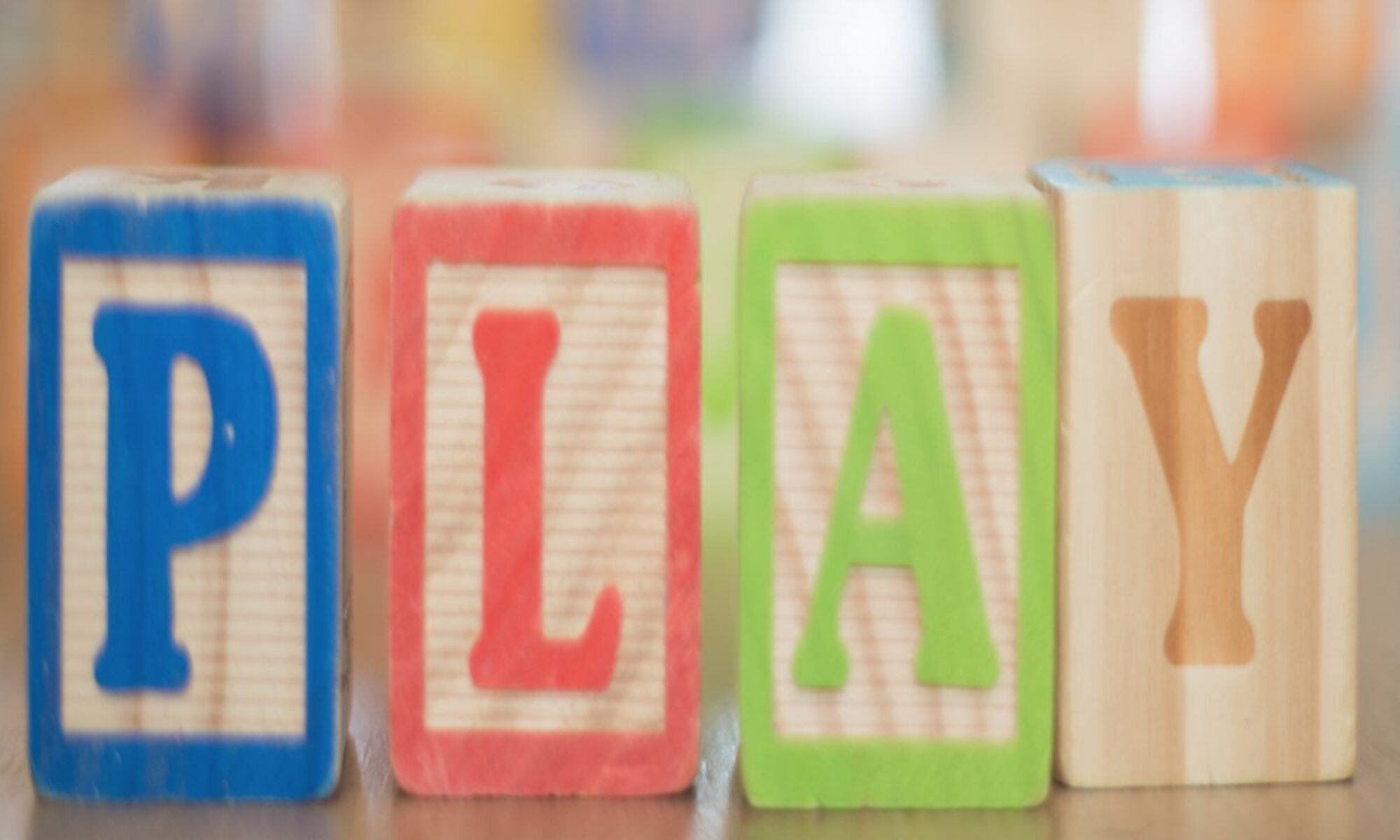Literacy can be loosely defined as, “the ability to read and write” (Tsao, 2008) and Play defined as “voluntary engagement in enjoyable activities.”
Therefore it is apparent that literacy skills may evolve naturally during play for young children. It is our job to plan for, scaffold and extend this learning through our planned play experiences.
Workshop for literacy
Workshop for Literacy (WfL) is an effective approach adopted by Fife, for teaching core literacy skills, in which essential learning activities are embedded in current class topics and themes, thus ensuring that learning is stimulating and purposeful. At it’s core there is:
Daily opportunities for the development of essential skills
Focussed contextual observation and assessment, using the support documentation, to inform responsive learning and teaching opportunities which reflect the needs of all our learners.
Using an engaging stimulus text to motivate learners in different contexts and developing essential skills for life.
Developing learners’ skills through meaningful contexts.
Skills and strategies are made explicit. Learners talk about their learning and can transfer skills and strategies across curricular areas. Highlight the importance of the teacher’s role in modelling many of the skills and strategies using a variety of tasks and activities which are transferrable to all areas of the curriculum.
The Workshop for Literacy Documentation and further support can be accessed here.
Examples of practice
seic pEDAGOGY pIONEER vIDEO – dEVELOPING wRITING tHROUGH pLAY-BASED lEARNING. WHAT IS WRITING CLUB?
P1 exploring phonics through play at lumphinnans Primary school, shared by holly hunter, class teacher
Using learner interest in p3 to explore speech marks at castlehill primary school, shared by lucy jackman, class teacher

